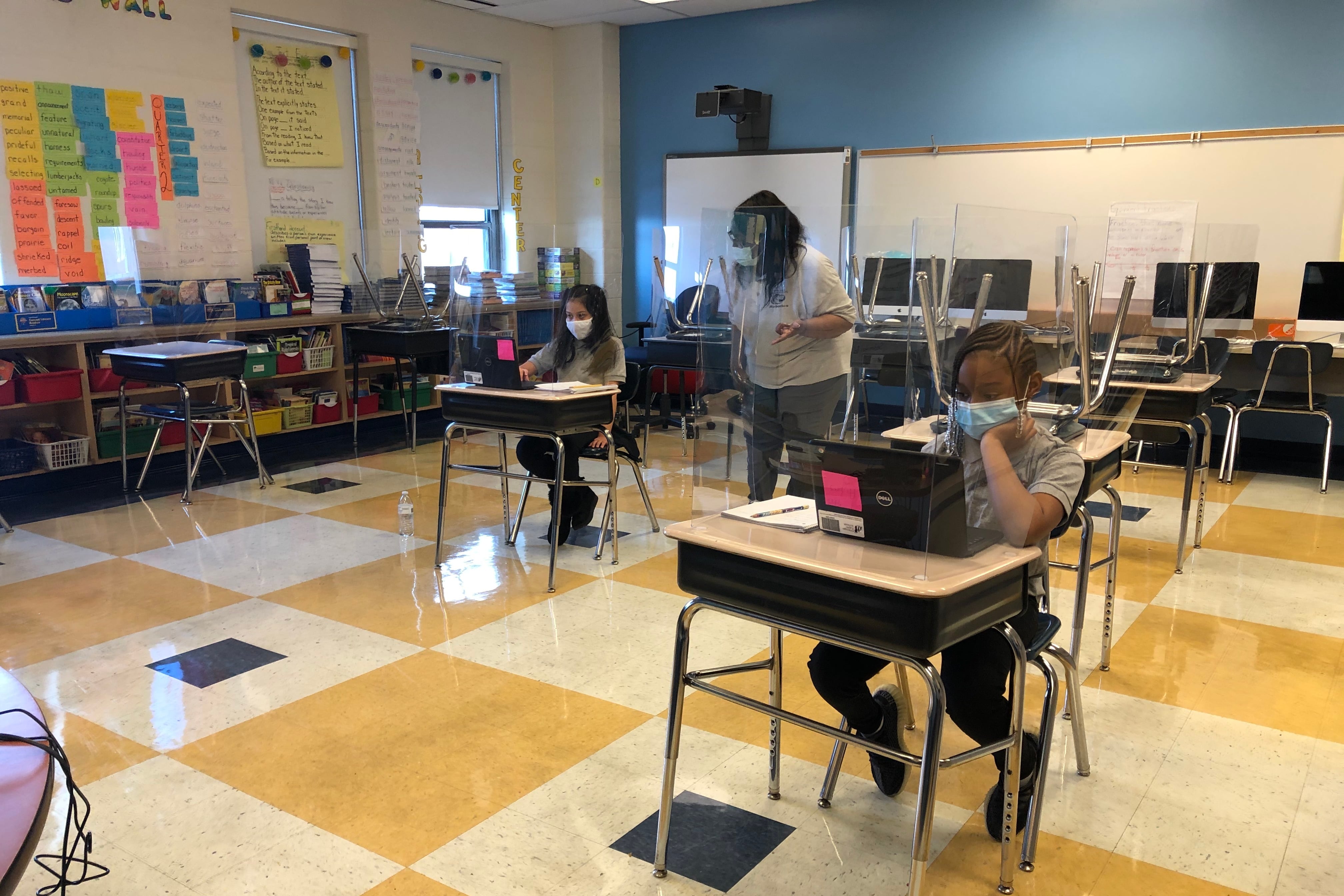The omicron peak may have passed in Chicago, but COVID continues to disrupt education in the nation’s third largest school district and in districts across Illinois.
Chicago Public Schools as of Wednesday reported the highest daily total yet of children in quarantine: 15,413, bringing the total to 16,545 once staff quarantines were factored in. Schools chief Pedro Martinez said the district was looking to reduce its quarantine period from 10 days to five in line with recent guidance from the Centers for Disease Control and Prevention and the state school board.
The state does not keep a public tally of the number of school children in quarantine.
Just 40% of eligible children are fully vaccinated in Illinois; under state guidelines, vaccinated children may return to classrooms after exposure but unvaccinated children must learn from home.
Quarantine orders have forced schools to re-introduce remote learning, juggle classroom assignments, and scramble on substitutes.
How have they impacted your household? Tell us in the survey below. Your answers could inform our coverage of this issue.
If you are having trouble viewing this form, go here.






